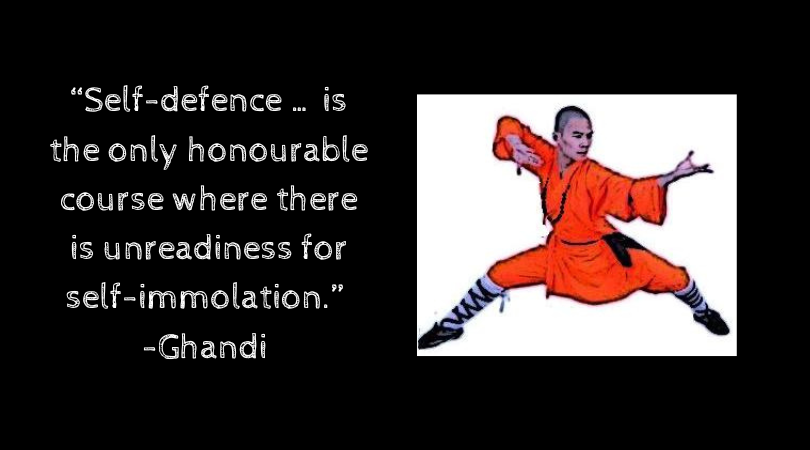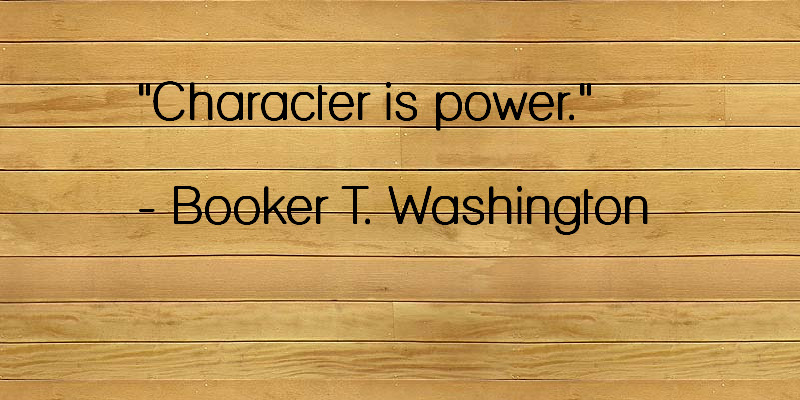This post provides a deeper examination of the ethics of violence and self defense.
I explain why neither pro-aggression positions or naive pacifist positions on the ethics of violence are ideal, and I posit a third approach, non-aggression, which I argue is the most ethical. When properly understood, non-aggression and forceful self-defense are not morally incompatible.
A corollary is that Most Westerners who believe in extreme pacifism when it comes to individual self defense do so naively. Very few people, even some thinkers credited with advocating for extreme pacifism for political purposes, actually believe in it on an individual level. A careful study reveals that Thoreau, and Martin Luther King, and at least one Buddhist sect, advocate individual self-defensive force as moral, necessary and courageous. Even Ghandi, who is not typically a reasonable pacifist, has moments where he admits to the necessity of self defense for individuals, particularly for those who aren't spiritually committed to self-immolation as he is.
This makes sense, of course, because the need for self defense will persist until everyone in the world non-aggressive. Therefore, the most pragmatic and ethical position is one of conscious non-initiation of violence, which at the same time does not preclude forceful self-defense if necessary.











